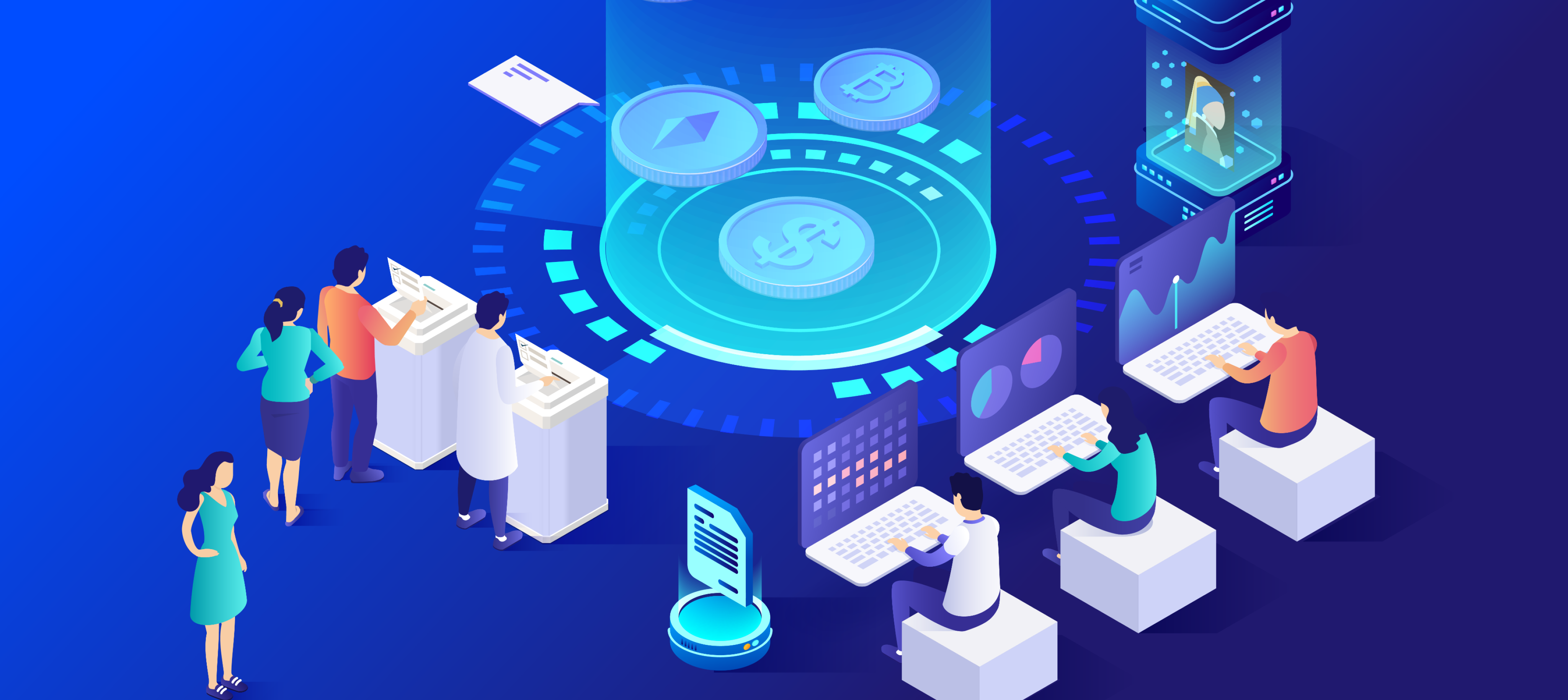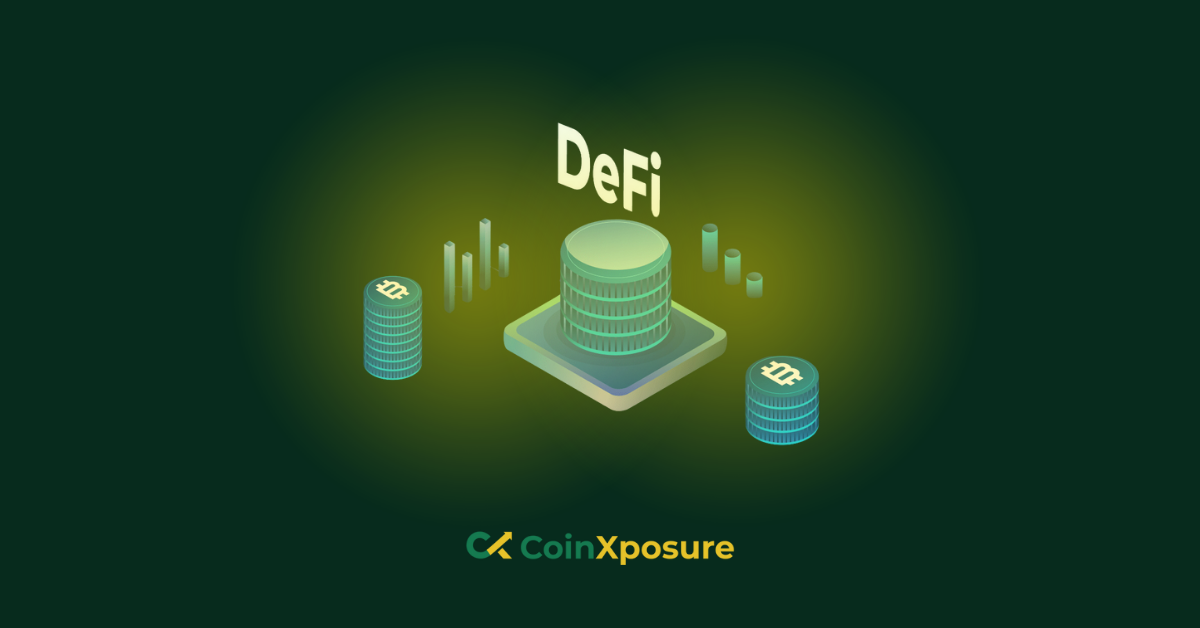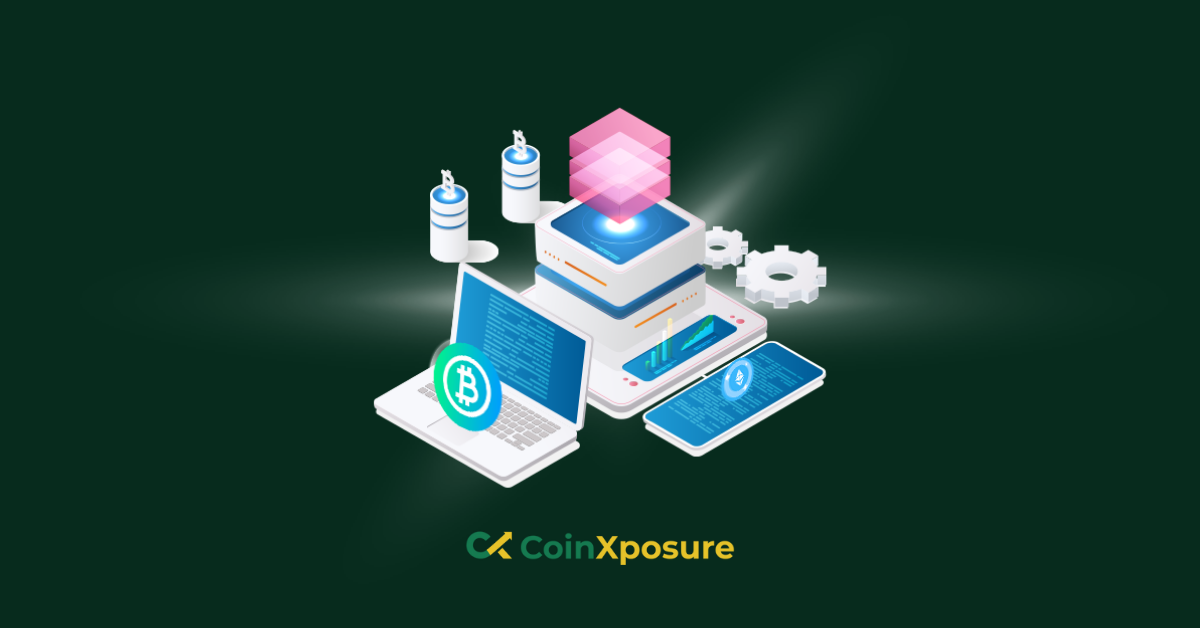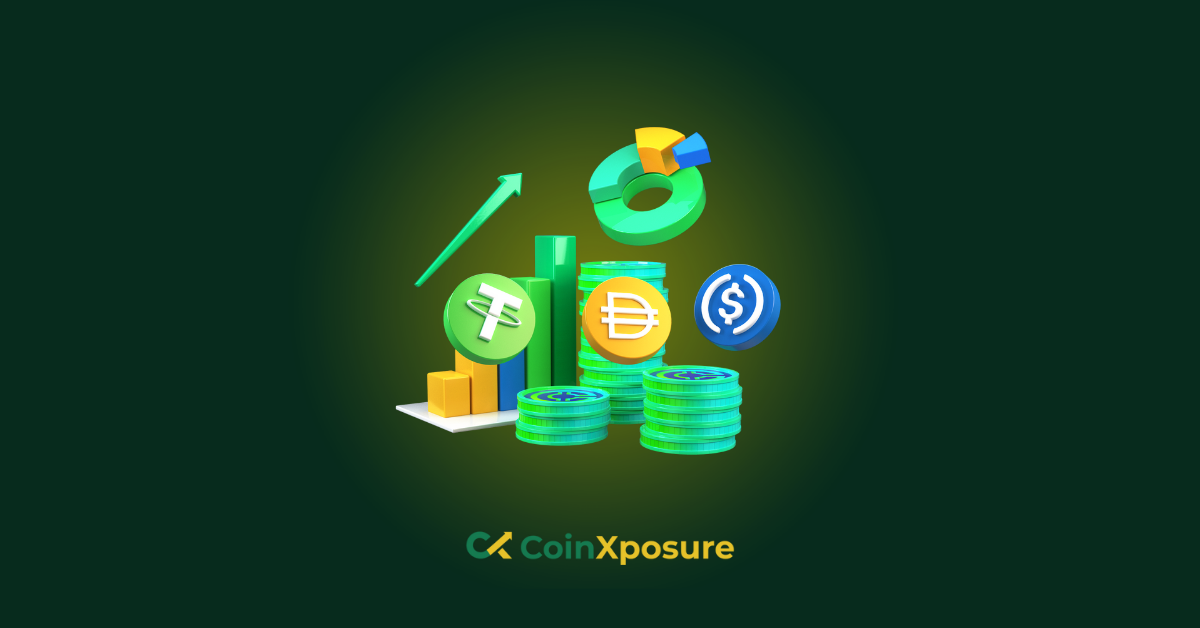In this article, we will explore the benefits and challenges of decentralized decision-making and the power of decentralized autonomous organizations in shaping the future of organizations.
Decentralized decision-making is a concept that has gained significant attention in recent years. As traditional hierarchical structures continue to demonstrate limitations, more organizations are exploring the potential of decentralized decision-making as a means of increasing efficiency, transparency, and security.
One approach that has been gaining popularity is the use of Decentralized Autonomous Organizations (DAOs). These are entities that operate autonomously, with their decision-making power residing with the members rather than a central authority.
This approach has the potential to transform the way organizations operate, by increasing participation and ownership, and providing a more efficient and transparent decision-making process.
Definition and Explanation of Decentralized Autonomous Organizations (DAOs)
A Decentralized Autonomous Organization (DAO) is a digital organization that is run by smart contracts and operates autonomously through decentralized decision-making.
It is essentially a decentralized system that uses blockchain technology to enable members to make decisions in a transparent and democratic manner, without the need for intermediaries or centralized authorities.
In a DAO, members can propose, vote on, and implement decisions through a decentralized governance mechanism, without the need for human intermediaries. Smart contracts are used to execute decisions automatically and transparently, ensuring that the rules and processes of the organization are consistently followed.
The underlying principles of a DAO are based on the principles of decentralization, transparency, and democracy, with the aim of eliminating the need for intermediaries and reducing the risk of corruption or manipulation.
DAOs can be used in various contexts, such as for managing digital assets, decentralized finance (DeFi), crowdfunding, and even for managing a physical organization.
DAOs are seen as a promising solution for organizations seeking to operate in a more transparent and democratic manner, with reduced costs and increased efficiency. However, they also face challenges such as legal and regulatory compliance, technical issues, and governance challenges.
The Need for Decentralized Decision-Making
The need for decentralized decision-making arises from the limitations of centralized decision-making, which is the traditional approach to organizational decision-making.
Centralized decision-making involves a hierarchical structure where decision-making power is concentrated at the top of the organization, and decisions are made by a small group of people or a single authority. This approach has several limitations that have led to the need for decentralized decision-making:
- Limited participation
- Lack of transparency
- Slow decision-making
- Risk of corruption
Limited participation
Centralized decision-making limits participation in decision-making to a small group of people, excluding the majority of stakeholders who may have valuable input.
Lack of transparency
Centralized decision-making often lacks transparency, which can lead to mistrust and disengagement from stakeholders.
Slow decision-making
Centralized decision-making can be slow, as decisions need to be communicated up the hierarchy and back down, leading to delays and inefficiencies.
Risk of corruption
Centralized decision-making can create opportunities for corruption and manipulation, as those with decision-making power may be more vulnerable to external pressures or personal interests.
Decentralized decision-making, on the other hand, seeks to address these limitations by distributing decision-making power and enabling more participation, transparency, and efficiency.
This approach allows stakeholders to participate in decision-making, creates transparency through open communication, enables faster decision-making, and reduces the risk of corruption by distributing decision-making power across a broader group of individuals.
Moreover, the rise of digital technologies has made decentralized decision-making more accessible and feasible, enabling the development of decentralized autonomous organizations (DAOs) that operate autonomously and transparently through a decentralized governance mechanism.
These organizations have the potential to revolutionize various industries and reshape the way organizations operate.
The Basics of DAOs
Decentralized Autonomous Organizations (DAOs) are a type of digital organization that operates autonomously through a decentralized governance mechanism. Here are the basics of DAOs:
- Structure
- Members
- Governance
- Autonomy
- Examples
Structure
DAOs are structured as a set of smart contracts that operate on a blockchain. Smart contracts are self-executing contracts with the terms of the agreement between buyer and seller being directly written into lines of code. These contracts are stored on the blockchain, which is a distributed and decentralized ledger that records transactions and provides transparency and security.
Members
DAOs are comprised of members who hold tokens, which represent their ownership and decision-making power within the organization. Members can propose, vote on, and implement decisions using their tokens, without the need for intermediaries or centralized authorities.
Governance
DAOs use a decentralized governance mechanism to make decisions. This mechanism typically involves a proposal and voting system, where members can propose decisions and vote on them using their tokens. The decision is executed automatically and transparently through smart contracts on the blockchain.
Autonomy
DAOs operate autonomously, with smart contracts governing the organization’s operations and decision-making. Once the rules are programmed into the smart contract, they are executed automatically without the need for human intervention.
Examples
DAOs have been used in various contexts, such as for managing digital assets, decentralized finance (DeFi), and crowdfunding. Notable examples of successful DAOs include MakerDAO, which is a decentralized lending platform, and MolochDAO, which is a community-based funding platform.
DAOs represent a new and innovative approach to organizational decision-making, with the potential to increase transparency, participation, and efficiency while reducing the risk of corruption and manipulation.
However, they also face challenges such as legal and regulatory compliance, technical issues, and governance challenges.
The Benefits of DAOs
Decentralized Autonomous Organizations (DAOs) have several benefits that make them an attractive alternative to traditional organizations. Here are some of the benefits of DAOs:
- Decentralization
- Transparency
- Autonomy
- Efficiency
- Flexibility
- Incentives
Decentralization
DAOs operate in a decentralized manner, which means decision-making power is distributed among its members rather than being concentrated in a central authority. This leads to a more democratic decision-making process, where all members have an equal say in the organization’s operations.
Transparency
DAOs operate transparently, with all transactions and decisions recorded on the blockchain. This enables members and stakeholders to monitor the organization’s activities and ensure compliance with the rules and regulations.
Autonomy
DAOs operate autonomously, with smart contracts governing the organization’s operations and decision-making. This eliminates the need for intermediaries or centralized authorities, resulting in a more efficient and cost-effective operation.
Efficiency
DAOs operate in a more efficient manner than traditional organizations. This is due to the automation of decision-making processes and the elimination of bureaucratic processes that slow down decision-making.
Flexibility
DAOs are more flexible than traditional organizations. Members can propose and vote on decisions, which can be implemented immediately without the need for external approval. This enables the organization to adapt quickly to changes in the market or the needs of its members.
Incentives
DAOs can create economic incentives for their members. For example, members can be rewarded with tokens for their contributions to the organization, which can appreciate in value over time. This can create a more engaged and motivated membership base.
DAOs have the potential to increase transparency, participation, efficiency, and motivation while reducing the risk of corruption and manipulation. They represent a new and innovative approach to organizational decision-making, with the potential to reshape the way organizations operate.
However, they also face challenges such as legal and regulatory compliance, technical issues, and governance challenges, which must be addressed for them to reach their full potential.
The Challenges of DAOs
Decentralized Autonomous Organizations (DAOs) are a new and innovative approach to organizational decision-making, but they also face several challenges that must be addressed. Here are some of the challenges of DAOs:
- Legal and Regulatory Compliance
- Technical Challenges
- Governance Challenges
- Scalability
- User Adoption
Legal and Regulatory Compliance
DAOs operate in a legal and regulatory grey area. There is currently no clear legal framework for DAOs, and it is unclear how they fit into existing regulatory regimes. This creates uncertainty and risk for both the organization and its members.
Technical Challenges
DAOs rely on complex smart contracts and blockchain technology, which can be difficult to develop and maintain. Smart contracts can have bugs or vulnerabilities that can be exploited by bad actors, and the blockchain can suffer from scalability and security issues.
Governance Challenges
DAOs rely on a decentralized governance mechanism, which can lead to coordination problems and decision-making gridlock. Members may have different priorities and goals, and it can be difficult to reach a consensus on important decisions.
Scalability
DAOs are currently limited in their ability to scale. The technology is still in its early stages, and there are technical limitations to how many transactions the blockchain can process at once. This can limit the number of members and the scope of the organization.
User Adoption
DAOs rely on user adoption to be successful. Members need to be willing to participate and contribute to the organization for it to be effective. This requires a certain level of technical knowledge and familiarity with blockchain technology, which can limit the number of potential users.
DAOs have the potential to revolutionize organizational decision-making, but they also face significant challenges. These challenges must be addressed for DAOs to reach their full potential and become viable alternatives to traditional organizations.
As the technology and regulatory landscape continue to evolve, DAOs will need to adapt and innovate to stay relevant and effective.
Future of DAOs
The future of Decentralized Autonomous Organizations (DAOs) is full of potential, but also challenges. Here are some of the ways DAOs may evolve in the future:
- Improved Technology
- Increased Adoption
- Integration with Existing Systems
- New Use Cases
- Legal and Regulatory Clarity
- Greater Governance Innovation
Improved Technology
As blockchain technology and smart contract development improve, DAOs will become more efficient, secure, and scalable. This will increase the potential for large-scale adoption and use of DAOs in a wider range of applications.
Increased Adoption
As more people become familiar with blockchain technology, there is potential for increased adoption of DAOs. This could lead to a shift in the way organizations operate, with DAOs becoming a more common alternative to traditional organizations.
Integration with Existing Systems
DAOs may become more integrated with existing systems, such as supply chains, financial systems, and governance systems. This could lead to greater efficiency and transparency in these systems.
New Use Cases
DAOs may be used in new and innovative ways, beyond their current applications in decentralized finance and governance. For example, they may be used to create decentralized social networks, gaming platforms, or marketplaces.
Legal and Regulatory Clarity
As regulatory frameworks become more clear, DAOs may become more widely adopted and recognized. This could lead to greater legitimacy and trust in the technology and its applications.
Greater Governance Innovation
As DAOs continue to evolve, new governance models and mechanisms may emerge, which could lead to more effective decision-making and coordination.
The future of DAOs is full of potential for innovation and disruption. However, there are also challenges and risks that must be addressed, such as legal and regulatory compliance, technical challenges, and governance issues.
As the technology and regulatory landscape continue to evolve, DAOs will need to adapt and innovate to stay relevant and effective.
Conclusion
Decentralized Autonomous Organizations (DAOs) are a powerful and innovative way to approach organizational decision-making, allowing for greater transparency, accountability, and participation.
Despite the challenges they face, such as legal and regulatory compliance, technical difficulties, and governance issues, the potential benefits of DAOs are significant.
As blockchain technology and smart contract development continue to improve, there is potential for increased adoption and new use cases for DAOs, leading to greater efficiency, security, and innovation.
The future of DAOs is full of promise, and it will be exciting to see how they continue to evolve and transform the way organizations operate in the years to come.












